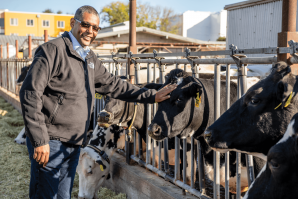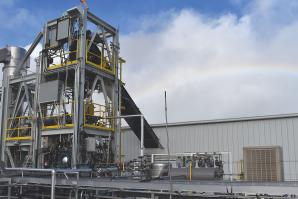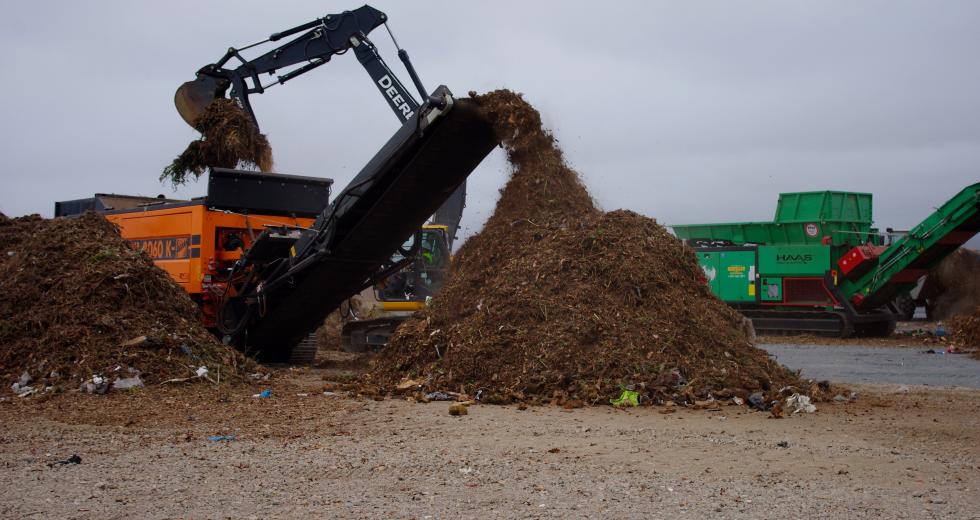Reuse, reduce… recalibrate?
According to one watchdog agency, California is “falling short” in its ambitious organic waste recycling efforts and may need to hit the pause button until state agencies and local governments can sort themselves out.
But that rankled the state officials in charge, who considered the very suggestion, well, garbage — prompting a spirited debate at a Tuesday meeting of the Little Hoover Commission.
In an upcoming report, the commission points out what it considers major flaws in the state’s requirement to decrease the amount of organic material sent out to landfills — which includes household food scraps and yard waste — by 50% by 2020 and 75% by 2025. The mandate was created by a 2016 law, Senate Bill 1383, that fully took effect in 2022.
Not only did the state miss its 2020 target, the report finds, but California dumped more organic waste in landfills than it did in 2014 (the baseline year used to calculate targets) and is set to miss its 2025 goals, too. The commission’s top recommendation is for the Legislature to temporarily pause implementation.
CalRecycle says that would be a big mistake.
- Rachel Wagoner, director of CalRecycle: “Holding and pausing 1383 would be absolutely, absolutely detrimental… We’ve spent nearly half a billion dollars in California to jump start 1383 in organic recycling and a lot of that would be halted.”
Nonprofits, private waste and compost operators and bioenergy companies also spoke out against halting the program, citing the millions of dollars businesses have already invested.
And because landfills are the largest source of methane emissions in California, pulling the program back would mean pausing climate change efforts as well. As one engineer from the California Compost Coalition said, “We really don’t have the time for the bureaucracy to catch up with climate change. We need to go forth.”
In response, the commission emphasized its overall support for organic recycling and reducing methane emissions. But it said a pause would give counties, particularly rural ones, more time to establish the outreach and infrastructure to comply with the law. (Local governments that do not can be fined $10,000 a day, and individual residents can also be penalized).
Members of the commission also said the concerns about a temporary pause are being overblown.
- Anthony Cannella, a commissioner and former state senator: “It’s my goal to fully implement this bill. I think that’s important for our state, our country, our world. But I do think we have time to get it right. I don’t think if we delay this then the whole world is going to go into chaos, that’s not going to happen.”
California has run into issues with other forms of recycling. From confusion over which plastics can really be recycled to reducing single-use plastics, even the most well-intended policies have contentious drawbacks.
At the end of the meeting, the commission approved the draft of the report. Pending final technical changes by staff, it is up to legislators whether to adopt the commission’s recommendations.







